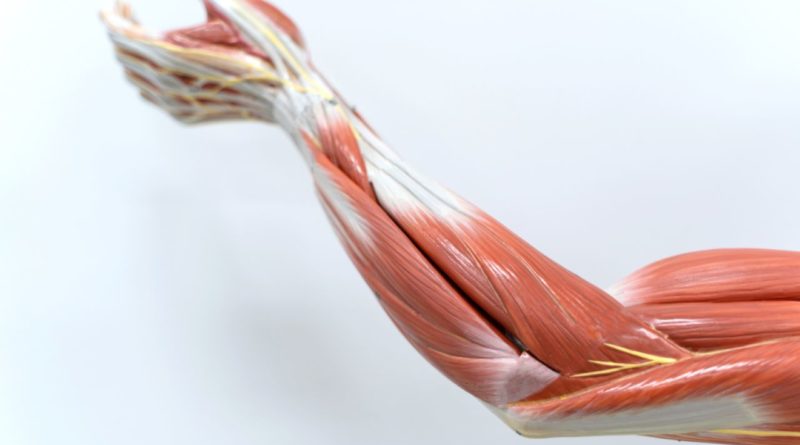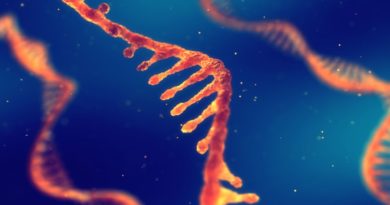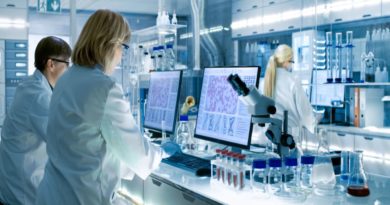Anatomy and Physiology Courses: Understand the Human Body
Considering an Anatomy and Physiology Course?
If you have always wanted to learn about the human body, an anatomy and physiology course may be the perfect choice for you. An anatomy and physiology course will equip you with the skills, knowledge and competence to under the function and structure of the human body. The good news is there are tons of anatomy and physiology courses currently available with both full-time and part-time options available, making it easy to fit this course into your schedule.
Why Choose This Course?
Anatomy and physiology courses are comprehensive studies of the human body, which can be used by those entering higher education in the fields of biology and medicine. Similarly, practitioners of alternative and complementary therapies, medicines and treatments will be able to enhance their techniques by boosting their knowledge through studying an anatomy and physiology course. If you have ever been curious about how this tool that you use every day of your life truly functions, an anatomy and physiology course has the answers for you.
What Will I Learn?
With so many amazing modern-day advancements making our lives that bit easier, there is something we regularly take for granted, something that is not technologically perfect or new, something easy yet complex and which we use each day without thought, our bodies. An anatomy and physiology course will take you on a journey through an insane mass of cells that is your body. From head to toe and everything in-between, you will discover the functions, pathologies and functions of a variety of organs and systems within the body and how they work as a coherent whole and independently. You will learn about the structural organisation of the entire body and the hierarchy of the body, from atom to organism, and how it maintains homeostasis and therefore, correct body function, through the regulation of metabolism.
Students will explore the building blocks of the human body – the various kinds of tissues they can form and cells. Learners can expect to explore the largest organ of the body, the skin, which has more functions than you initially thought. The course explores these functions and how the skin is constructed, including in-depth information about the dermis. You will also learn some interesting facts about the nails and hair, and the various pathologies of these, and the skin. You can expect to learn about the skeletal system and how the skeleton functions, the various kinds of bones and the structure of bones themselves, including how they develop and grow. The purposes and divisions of the skeletal system are explained and the functions, structure and various kinds of joints are examined, as well as the tendons and muscles that support them.
The muscular system is also covered, including the structure and function of the various types of attachments of muscles, the position and action of muscles and how muscles contract. How nutrients are processed, digested and absorbed and how unused materials are removed are also explored. The course will examine how each organ within the digestive system plays its part. It will also look at the mechanical process of breathing and the physiological process of respiration. You will explore the subdivisions and components of the respiratory system, as each element is isolated and explained both physiologically and anatomically, to explain the respiratory system as a whole. Students will learn about blood – its purpose depending on the kind of cell, what it is made up of, and how it travels around the body via the cardiovascular system. They will gain a comprehensive understanding of the functions and structure of the heart and blood vessels and the pathologies of the blood and heart.
You will learn about the immune system and lymphatic system in terms of how lymph is formed, its connection with blood and its purpose, the circulatory pathway of lymph and the position of the primary lymphatic nodes and organs of the body. The course will teach you about the various kinds of hormones and guide you through their effects on the body and the primary endocrine glands and their function of the endocrine system. The hormones work to support and control the reproductive system, whose purpose is to pass on generic information to offspring. Learners will explore the functions and structures of the parts of the male and female reproductive systems. The course will go into detail about the individual parts of the urinary system and their functions. The most complex system of the body, the nervous system will be covered extensively.
If you’re serious about doing an anatomy and physiology course, check out courses near you in the Nightcourses.co.uk national course finder.




